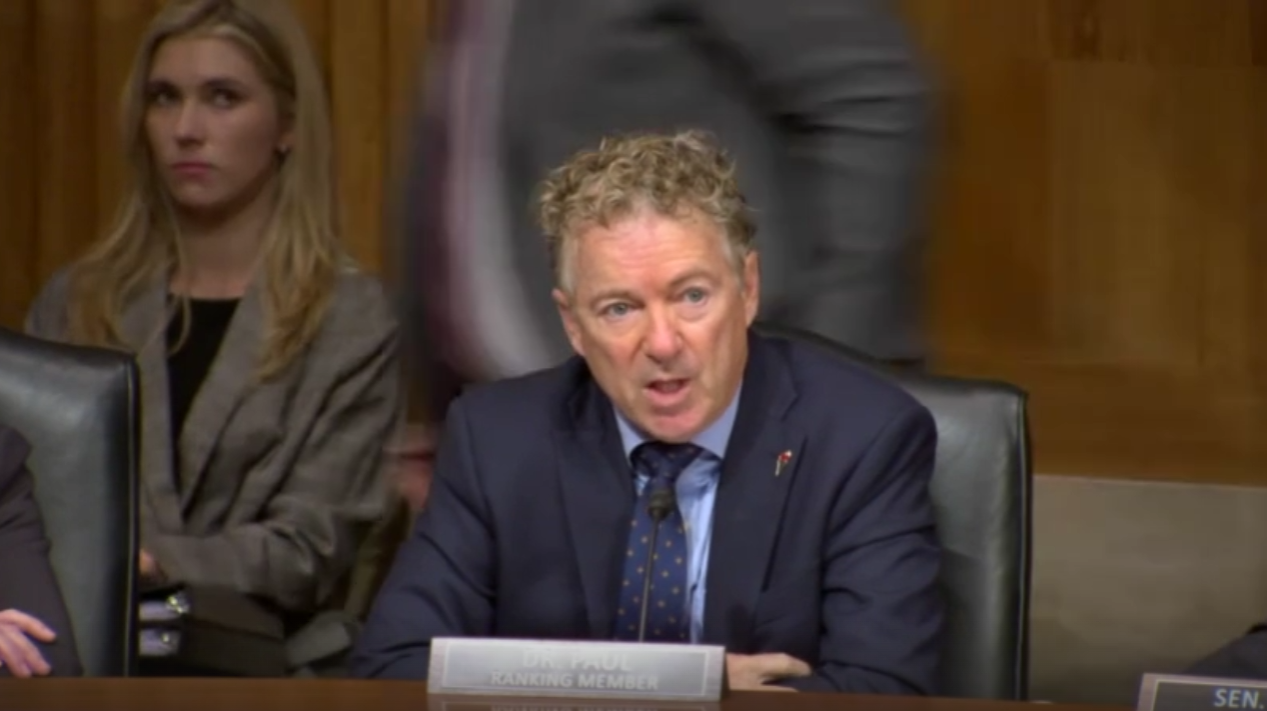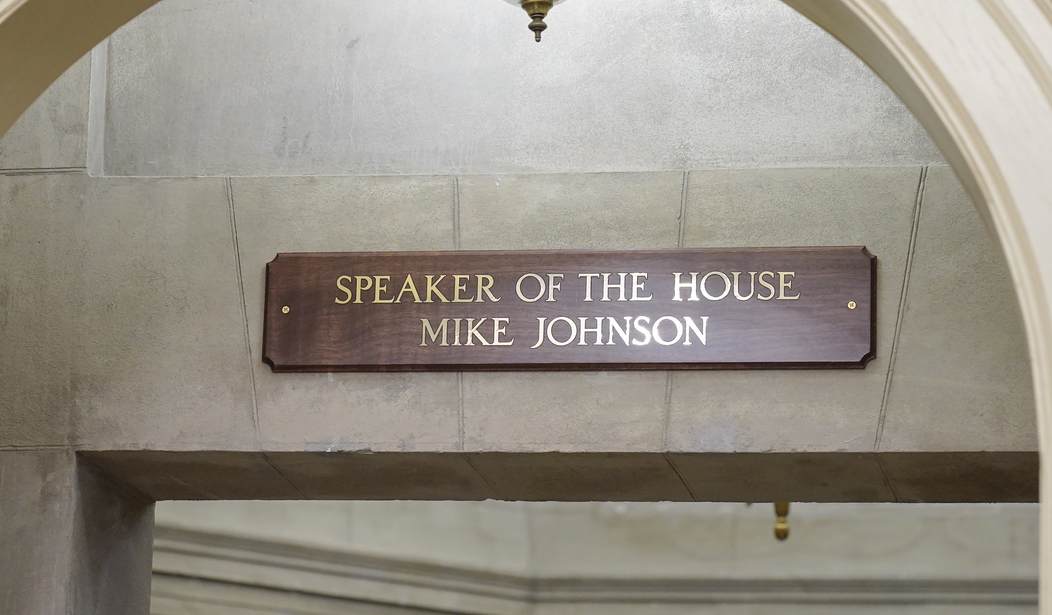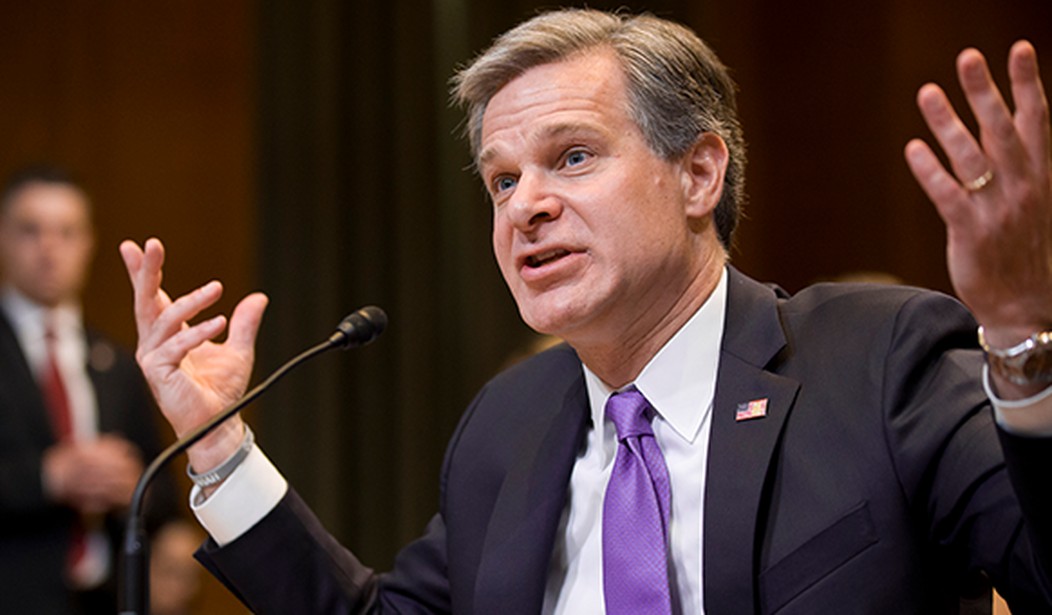Several people have pointed out this conversation between Joe Rogan and Twitter owner Elon Musk. There are a couple of interesting aspects to the conversation; one of the more interesting is not generally being noticed.
The primary point, raised by many, is how Elon Musk discusses the scale and scope of U.S. government involvement in the operation of Twitter as an information and discussion platform. Almost all of those making this note are unfamiliar with our multi-year research and outlines long before Elon Musk entered the picture.
As affirmed during the conversation, the FBI and various government agencies, under the auspices of the Dept of Homeland Security (DHS), were in a direct relationship with Twitter offices to control information on the platform. This is not a surprise to CTH readers. The instructions on content removal, content moderation, and demands to remove accounts, were part of the DHS broader initiative to control information. This part of the discussion begins at 05:46, prompted. WATCH:
While the govt involvement in the operation of Twitter is interesting, readers here will not be surprised. However, there is a statement by Joe Rogan, at 11:40, that seems to fly under the radar, even to Elon Musk, that deserves an equal amount of attention.
In response to Musk saying the ratio of censorship on the Twitter platform was a multiple of 10 times greater for “right-wing” or centrist views, Rogan ponders how and why accounts like the Taliban were not removed. Thus, yet again, the issue that brought me to the political sphere many decades ago surfaces.
The Taliban, as a totalitarian ideology, is not on the right side of the political continuum. Totalitarianism, or the presence of big oppressive government, falls on the left side of the political continuum. The far-left is totalitarianism. The furthest right is the absence of government. This is an ideological mistake that happens frequently and needs to be addressed when the mistake is made.
When the Chinese Communist Party cracked down on the student activists in Tiananmen Square, China, most of the political analysis and media pundits got it totally wrong in their discussion. It was not a “hard-right” reaction by the Chinese government, it was an actionable shift to the far-left, toward total government control.
Like the Chinese communist regime, the ideology of Hamas, Hezbollah, al-Qaeda, the Taliban, the Muslim Brotherhood et al, is left-wing extremism. The government – or controlling, totalitarian, oppressive ruling authority – controls the lives of the people subjected to it. This is a far-left big government worldview.
Oppressive government is on the left side of the freedom continuum. That’s why the further left the Democrat Party goes, the more oppressive the government control becomes. Democrats are leftists, and the leftists believe in socialism (big govt), communism (bigger govt), and eventually totalitarianism (total govt). Each shift is a move further to the left, further toward oppressive government.
The absence of government, individual liberty and freedom, is on the right side of the continuum. Federalism (local govt), Republicanism (limited federal govt), Libertarianism (even less govt), and eventually anarchy (no govt or control authority) are on the right side of the freedom continuum.
As noted by the reference point of Joe Rogan, almost every pundit makes this common and fundamental mistake. That’s why Rogan was having difficulty reconciling the Taliban being allowed on Twitter, when the reality is – the Taliban are on Twitter because they are in alignment with big oppressive, controlling government. That is their central alignment.
Understanding this core distinction, this fundamental flaw as espoused by so many, is what brought me into the world of politics a long time ago.
When “Republicans” want bigger government, they are “Democrats.”










